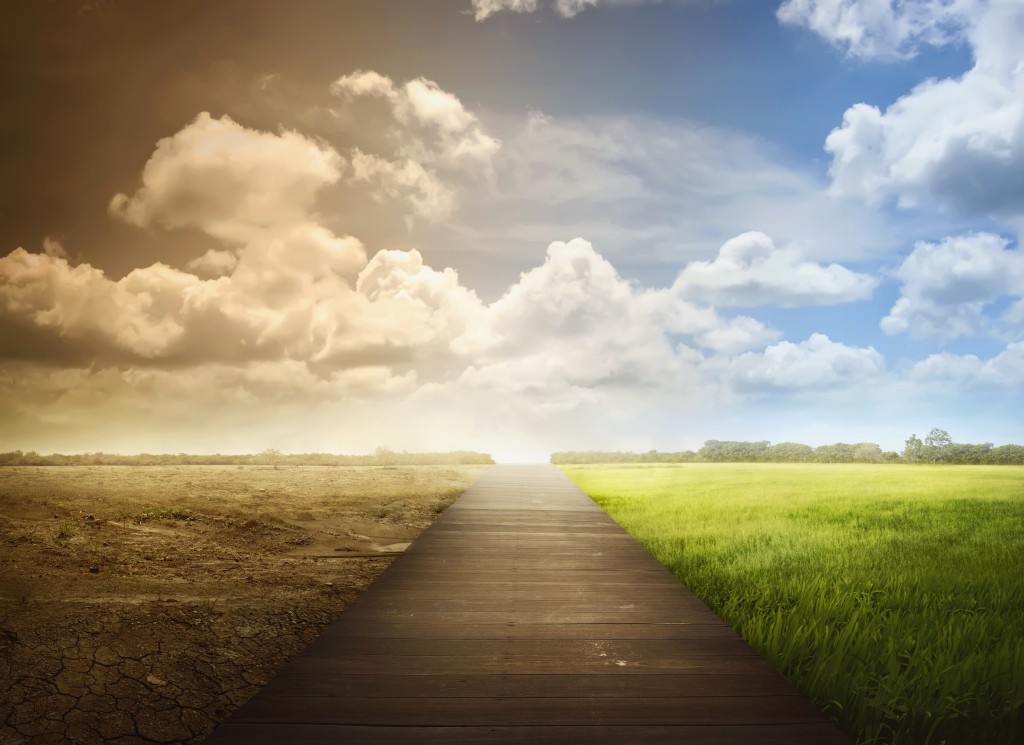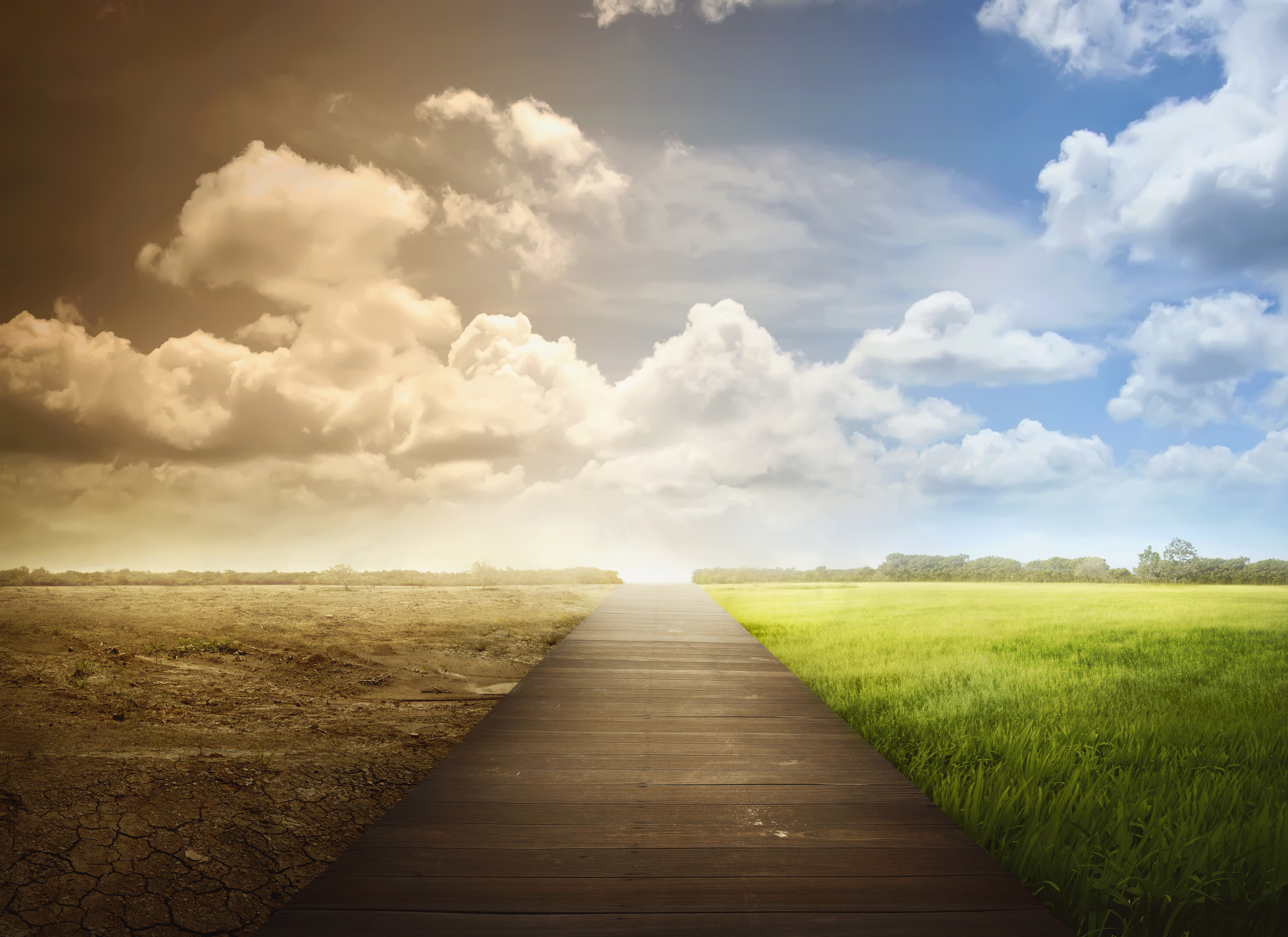Humanity has entered a strange period: a time of immense opportunity, but also of great turbulence. Around the world, old institutions are breaking down, ecological limits are being exceeded, and we have an epidemic of loneliness. Its time to lead by example.

By Davie Philip
Many new institutions more fitting to the complexity of these times are rising up, but the pace of change is slow. The most difficult challenge facing us is not really about developing solutions to the challenges we face – it is about illuminating stories that empower us to look beyond a future of adversity and to see one of opportunity.
More of us are losing, or struggling to gain, a sense of purpose or meaning in our lives. Culturally, we are between stories and there is a lack of guiding narratives. In this era of extreme individualism, it is vital that we come together and co-create stories of a thriving relationship with both the natural world and one another. So how do we transcend age-old differences, win hearts and minds, and embark on a common goal of living on this planet in ways that are healthier and more collaborative?
For a long time I was part of a group screening scary films on climate change to communities around the country. We thought that when people ‘got it’, they would immediately begin to make the transition to a low carbon lifestyle. However, all we really did was frighten most people away. By challenging some deeply held assumptions without showing appropriate responses, we turned off our audiences. People tend to be very sceptical or dismissive of information that contradicts their worldview.
However, documentary film is a powerful tool for positive transformation, and a wonderful medium for sharing stories of change. Recently I was asked to take part in a panel discussion after a screening of Demain, an award winning French documentary. ‘Demain’ means ‘tomorrow’ in French, and without denying the scale of the challenge, the film focuses on very positive ways in which everyday citizens are making their communities and their local economies healthier, greener and more resilient today. In most cases, these were stories of citizens taking power back from governments and corporations, which – as author Jeremy Rifkin points out – may be the best way to undo the top-down policies that have set us on the fast track to destruction.
We’ve long bought into the myth that people are only motivated by their own self-interest, whereas the stories in Demain are about cooperation and people doing what they need to do together. This September, Cultivate will be coordinating the Convergence Festival, a fortnight of events around the country that will highlight stories of citizens engaging in the wellbeing of their communities. On the 23rd, the first European Day of Sustainable Communities will be held across Europe to showcase projects that are transforming local areas.
I think the key to winning hearts and minds is not to try convincing anyone of anything, but to lead by example, demonstrate that something is possible, and provide people with a larger purpose for changing their lifestyles. A compelling narrative really does inspire us to think and do things differently.
Davie Philip (davie@cultivate.ie) is a community catalyst at Cultivate and is based in Cloughjordan Ecovillage: thevillage.ie – He is also curating the Convergence Festival in September 2017 on the topic of Citizen Engaged, Community Led Transitions. If you have a story of a community led initiative email convergence@cultivate.ie


